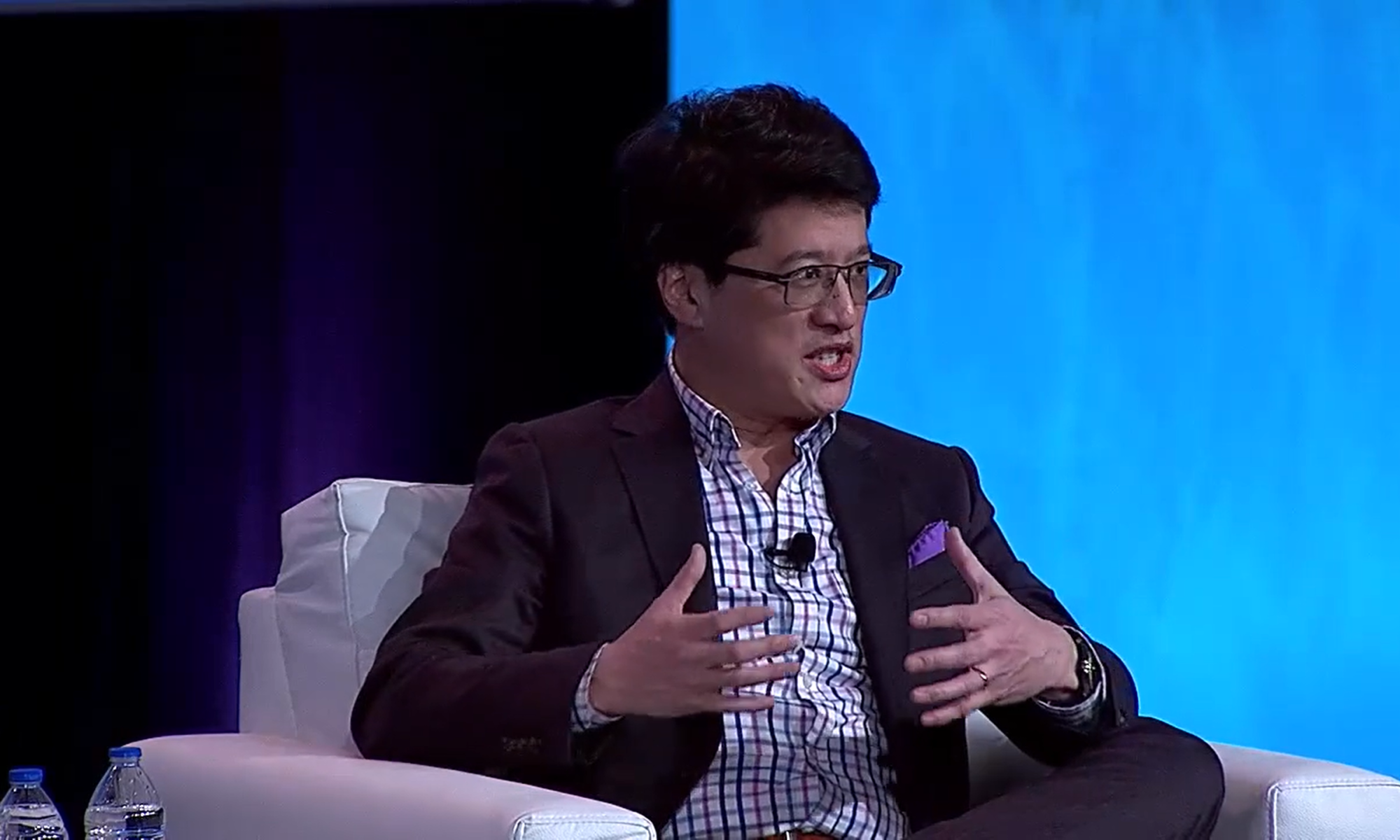When thrust into a situation where either resources are constrained, there are competing management choices, and paths forward are unclear, I often find a consulting method of "finding and relieving the bottleneck" useful.
For example, suppose a startup is trying to figure out how to ramp up sales from its first (non-repeatable) deals. Or suppose a company cannot determine whether sales or operations processes are the primary lever for stabilizing revenues. Yet another case might be that there is an incubator unit within a larger company that is underperforming – how might you approach the problem of fixing the situation?
At its core, "finding and relieving the bottleneck" is an analytical method used in production and operations. There are a couple of predominant ways that I look at operations by default, the former being a more quantitative method involving system & process flows and things like Little's Law, and the latter (which I strongly recommend) method using visual inspection and interviews with client management. Here I'll address the latter.
So back to the case of ramping up sales for a startup, where its first deals are largely non-repeatable because they were unique and early in the learning curve. Suppose you have 1-hour with client management. How might you help to tease out how where to start looking for improvements?
In a nutshell, the bottleneck method approach might simply be organized around finding where one gets the biggest bang for the buck in terms of making a change. I might ask the client if they had another resource or an additional day in the workweek, which of the following would ultimately result in more sales:
- Refining Strategy – this might involve breaking the customer base into segments based on type and prospect awareness profile. Where's the lowest hanging fruit? What kind of marketing and sales material is each segment getting? If you had a choice to improve the marketing collateral or sales processes for the higher priority segment, which would you choose? Are there backlogs in the system (e.g., uncalled sales lead prospects), which would indicate bottlenecks? If you made the change, would it really address the end goal, e.g., getting more sales?
- Changing Management Approach - in many situations, entrepreneurs may make the first sales, but they often have problems transferring knowledge on how those sales are made. Alternatively, they may have problems letting go of other areas that could be delegated or outsourced (e.g., finance and accounting, inside sales, meeting scheduling, and/or field sales). Would it be helpful to have someone shadow key executives to distill the sales processes and real value propositions that various customers are buying? If we could clone key people to offload some of the burden, would there be enough prospects and deal flow to make things worthwhile?
- Adjusting Technology or Product - if the product were made less complex or if we simplified choices, would we get better yield and flow from the awareness to interest phase of the customer purchase process? Is there a way that we could get people to sample or experience the product before purchase to skip people past bottlenecks of overanalyzing things too much up-front?
- Obtaining Financing for Expansion– if you focus time on more sales versus financing for expansion (presuming company has sufficient sales), what would you do and why? What if choosing one path doomed the other? Would the chosen path still be worthwhile? What kind of results could we expect by financing a new online versus a physical market for services delivery?
Optimal diagnosis clearly involves a mixture of tools and approaches, but the bottleneck method is an important method to learn in consulting because it can be increasingly used in facilitative situations where a client has substantial implicit knowledge (and such knowledge must be better formulated explicitly and transferred for company operations to scale).
I've also used this method in management situations (as opposed to in consulting situations only). The method can be particularly good when troubleshooting a problem that cuts across functional areas.
What are your thoughts? Have you ever used this type of approach? If so, how effective was it for you?
Related Posts: A Perspective On Client Facilitation Skills and Crash Course Consulting Reading List
Update (9/19/09): Readers may also be interested in post by Seth Godin on the priority list.
*********************************************************************************************************************
Please enter your email address to subscribe to updates on Steve Shu's blog.
Powered by FeedBlitz
